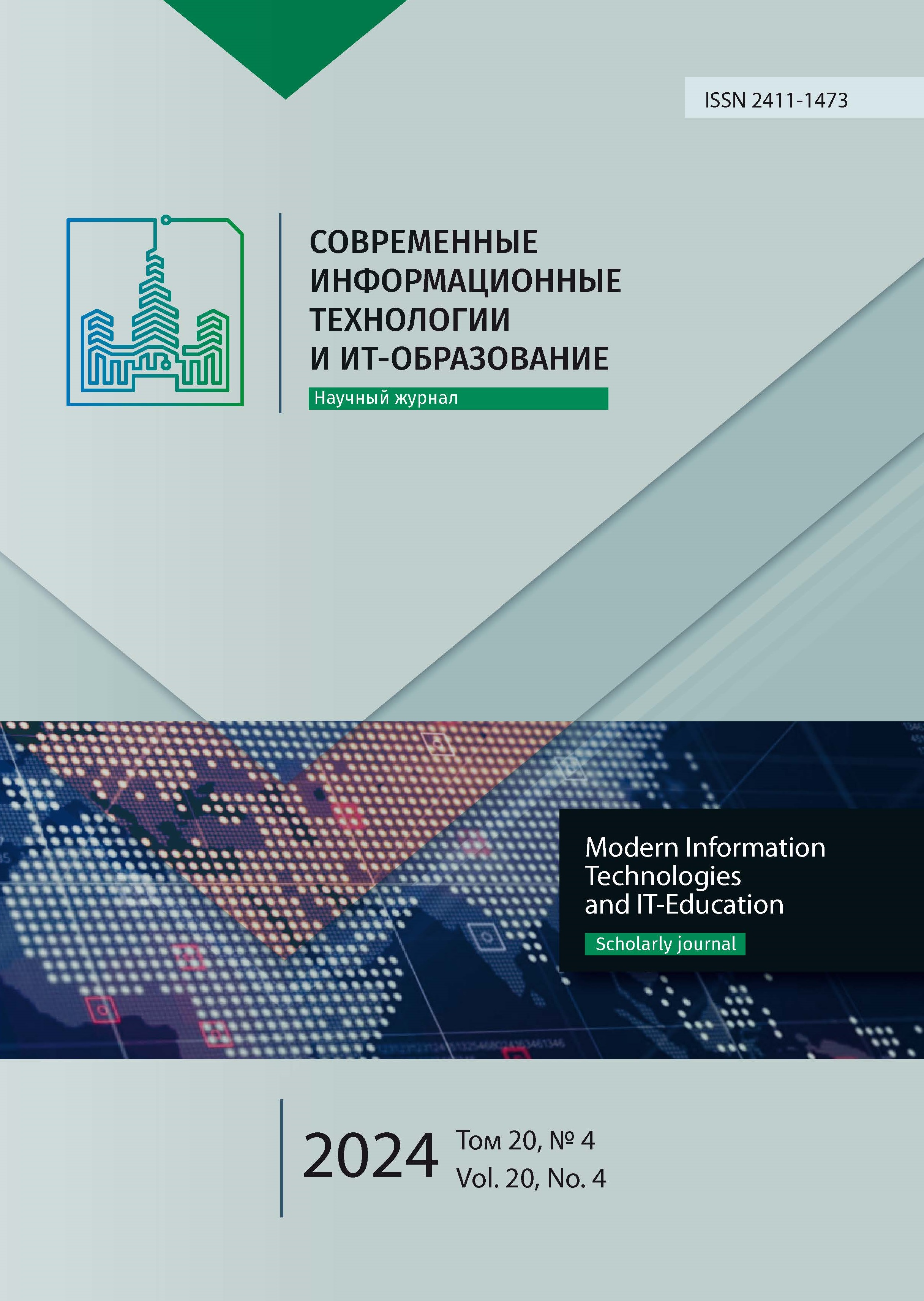Использование обучающих решений D-Link для подготовки специалистов в области сетевых технологий и программирования
Аннотация
Современный опыт показывает, что необходимым условием развития и деятельности организаций в любой отрасли является стабильное функционирование и масштабирование её сетевой инфраструктуры, которое выражается в росте числа пользователей, видов и объемов трафика. В этой связи поддержание работоспособности и планирование развития сетевых инфраструктур требует "свежих" знаний и подходов к проектированию в области сетевых технологий.
По оценкам Минцифры дефицит ИТ-специалистов разных профилей в России на начало 2024 года составлял около 700 тыс. человек, среди которых значительную часть составляют специалисты по инфокоммуникационным сетям и системам связи, на базе которых работают сетевые сервисы и приложения, разрабатываемые программистами. Несмотря на увеличивающееся количество бюджетных мест на ИТ-специальности в вузах, данный дефицит быстро ликвидировать не получится. В этой связи также актуальной является переподготовка специалистов связи, получивших образование давно.
В силу санкционного давления на Россию многие зарубежные производители активного сетевого оборудования свернули бизнес в нашей стране, и их программы обучения и сертификации также стали недоступны для отечественных ИТ-специалистов. Необходимо отметить, что ряд подобных программ обучения были нацелены на ряд типичных практических задач без достаточной подачи теоретического материала, который позволяет специалисту самостоятельно найти подходы для решения более широкого круга практических задач. В этой связи крайне важно, чтобы вендоры активно взаимодействовали с учебными заведениями при разработке обучающих материалов для их внедрения в учебный процесс соответствующих специальностей. Это позволит учебному заведению готовить ИТ-специалистов, обладающих актуальными знаниями в ИТ-отраслях.
Российский офис компании D-Link более 20 лет развивает свои образовательные ресурсы в тесном контакте с высшими и средними специальными заведениями России. В настоящее время доступны для изучения 12 учебных курсов по технологиям компьютерных сетей и программированию встраиваемых систем, рассчитанных на слушателей разных уровней подготовки. Комплект учебно-методических материалов доступен для изучения на портале дистанционного обучения и сертификации D-Link. Портал предоставляет возможность бесплатного удаленного обучения по авторизованным курсам компании. Студенты партнерских учебных заведений могут сдавать экзамены по выбранным курсам и при успешной сдаче получать сертификаты D-Link.

Это произведение доступно по лицензии Creative Commons «Attribution» («Атрибуция») 4.0 Всемирная.
Редакционная политика журнала основывается на традиционных этических принципах российской научной периодики и строится с учетом этических норм работы редакторов и издателей, закрепленных в Кодексе поведения и руководящих принципах наилучшей практики для редактора журнала (Code of Conduct and Best Practice Guidelines for Journal Editors) и Кодексе поведения для издателя журнала (Code of Conduct for Journal Publishers), разработанных Комитетом по публикационной этике - Committee on Publication Ethics (COPE). В процессе издательской деятельности редколлегия журнала руководствуется международными правилами охраны авторского права, нормами действующего законодательства РФ, международными издательскими стандартами и обязательной ссылке на первоисточник.
Журнал позволяет авторам сохранять авторское право без ограничений. Журнал позволяет авторам сохранить права на публикацию без ограничений.
Издательская политика в области авторского права и архивирования определяются «зеленым цветом» в базе данных SHERPA/RoMEO.
Все статьи распространяются на условиях лицензии Creative Commons «Attribution» («Атрибуция») 4.0 Всемирная, которая позволяет другим использовать, распространять, дополнять эту работу с обязательной ссылкой на оригинальную работу и публикацию в этом журналe.













